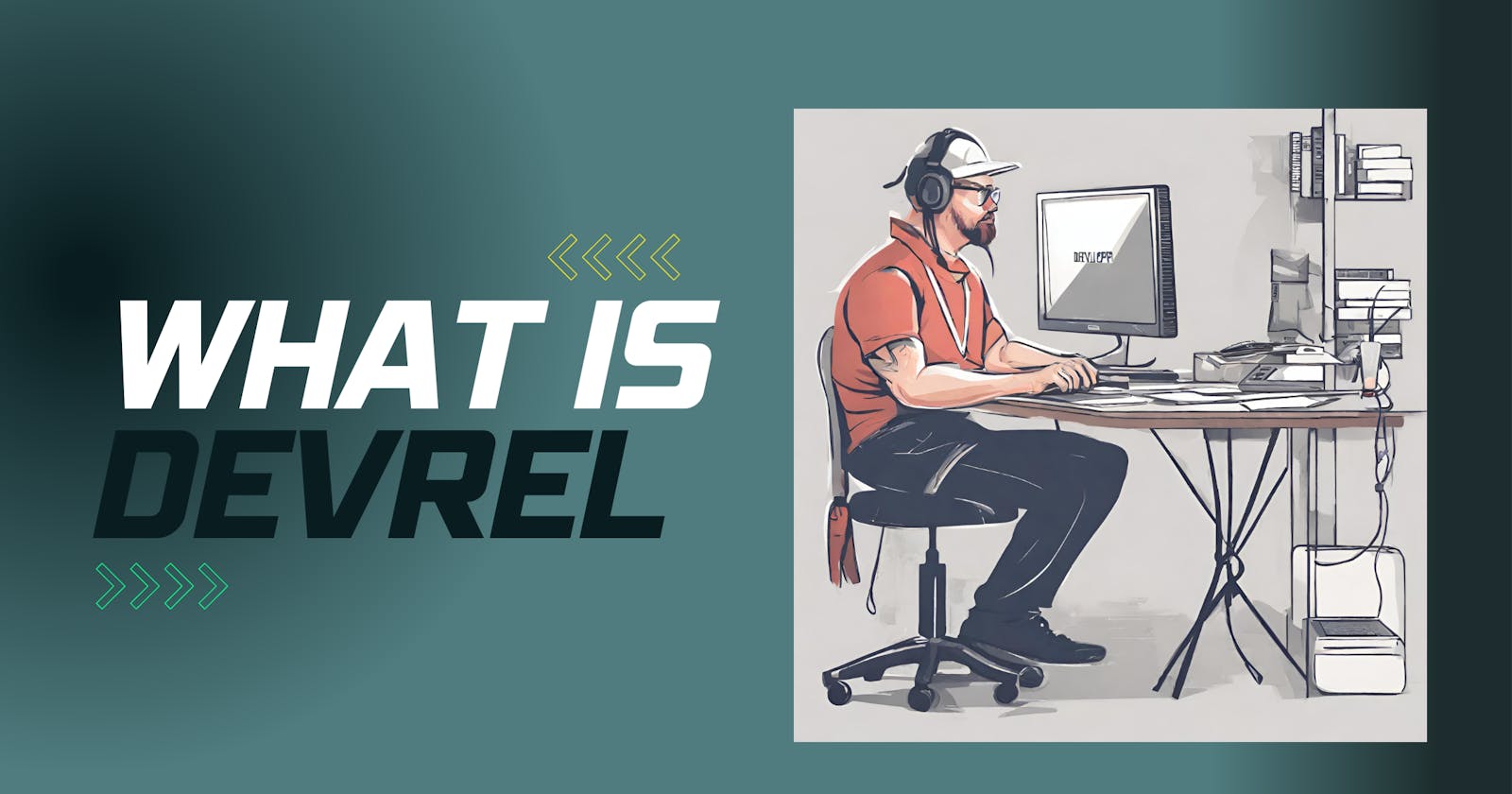Have you ever wondered what Developer Relations (DevRel) is and why it is vital in the tech industry? DevRel professionals are crucial in bridging the gap between developers and organizations, from fostering developer communities to advocating for user needs. Understanding the ins and outs of DevRel is key not only for professionals in the field but also for tech companies striving to build strong relationships with their developer communities.
This guide will demystify DevRel and delve into its essential responsibilities and functions. If you're looking to enter the field of developer relations or are interested in understanding how DevRel shapes the tech industry, this blog is for you. Get ready to gain insights into this dynamic role and learn how organizations can leverage effective DevRel strategies to thrive in a more technologically-enabled world.
What is Developer Relations?
Developer Relations is a multifaceted role encompassing several responsibilities to build and maintain a healthy relationship between a technology company and its developers. A DevRel professional is a liaison, advocate, educator, and community builder. They act as liaisons, facilitating effective communication and collaboration between both parties.
The primary goal of DevRel is to foster strong and mutually beneficial connections. It involves understanding developers' unique needs and challenges and bridging the gap between their requirements and the organization's offerings.

Core Responsibilities of DevRel
Advocacy: Representing the interests and perspectives of developers to the company. For instance, if developers express the need for better debugging tools, a DevRel would convey this to the product team.
Community Engagement: Building a community around a product or technology. This could involve organizing meetups, forums, and hackathons like Google does with its Developer Groups (GDGs).
Technical Content Creation: Producing documentation, tutorials, and blog posts. Twilio's extensive documentation and responsive blog cater to this by providing clear, practical content that developers appreciate.
Product Feedback and Improvement: Gathering insights from the community and funneling them back to the product teams. GitHub’s regular “feedback forums” and subsequent feature updates are prime examples of this in action.
Developer Support: Offering support channels and resources. Stack Overflow’s Developer Survey often highlights the best companies for developer support based on community feedback.
Evangelism: Speaking at conferences webinars, and creating demo videos to showcase the product's capabilities.
The Importance of DevRel
DevRel is pivotal for the following reasons:
Product Adoption: A company's technology is more likely to be adopted if a supportive community exists around it. MongoDB, for example, has seen wide adoption partly due to its strong community support and advocacy.
Feedback Loop: Continuous improvement is only possible with honest feedback. Microsoft’s transformation with Azure and GitHub integration showcases how feedback can lead to improved products.
Community Trust: Developers trust peers more than advertisements. When DevRel advocates for a product, it comes with a sense of community validation.
Brand Loyalty: A developer who feels heard and supported is likelier to remain loyal to a technology or brand.
Is DevRel a Career for You?
To excel in DevRel, you need a unique blend of skills:
Technical Acumen: You must be knowledgeable enough about your product to talk shop with developers.
Communication Skills: You'll often write or speak publicly, so clear and persuasive communication is essential.
Empathy and Social Skills: You need to understand the challenges developers face and be able to form genuine connections with them.
Problem-Solving: When developers come to you with issues, you'll need to be ready with solutions or the ability to find them quickly.
Building a Career in DevRel
Here's how you can get started:
Learn: Get a strong grasp of the technical stack you’re interested in. If you’re into web development, understand the ins and outs of frameworks like React or Vue.js.
Create: Start a technical blog or YouTube channel to share your knowledge. Auth0’s blog, for example, is rich with developer-oriented content.
Engage: Be active on developer forums like Stack Overflow, GitHub, or social media platforms like Twitter. Answer questions, contribute to discussions, and share your knowledge.
Network: Attend industry conferences, either virtually or in person. Engage with others in the DevRel space to learn from their experiences.
Contribute: Open-source contributions show your commitment and skill. They're a tangible way to demonstrate your technical abilities and willingness to join a community.
Conclusion
Developer Relations is an art that balances technical prowess with interpersonal skills. It's about building bridges and fostering a community where the company and its users can thrive. Whether through supporting a budding developer in troubleshooting an API or orchestrating a global developer conference, the impact of a DevRel professional is profound and far-reaching.
If you find joy in helping others succeed, have a penchant for technology, and love the idea of being part of a larger community, then a career in DevRel
